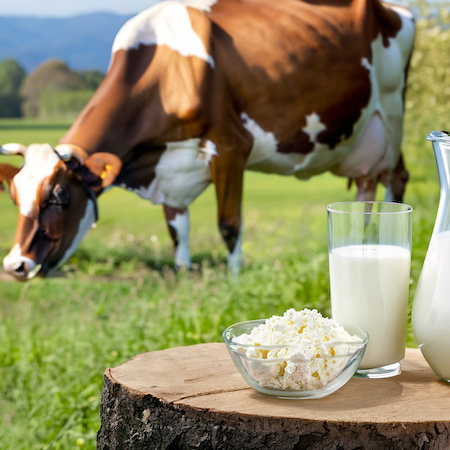The British public are willing to make the transition to eating less and better-quality meat and dairy products, but barriers to making change happen are holding back progress.
The 2024 Public Attitudes survey from Eating Better and Four Paws UK found that 61% of people are willing to cut down on their meat consumption, with animal welfare, carbon emissions and money listed as the top three reasons why.
In its report based on the survey, Eating Better states that British people agree that the public sector can create a market for ‘better’ meat and dairy, through revised menus in schools and hospitals. As such, public procurement has the potential to become an enabler for action, helping to normalise sustainable diets.
The survey says
In schools and hospitals the survey reveals:
• 78% of consumers want healthier food
• 84% want local food
• 72% want ‘better’ food.
In addition, 65% agreed that ingredients known to cause health problems, such as processed meat, should not be served in hospitals. In its Processed Meat report, Eating Better asks public sector caterers to reduce the amount of processed meat on menus, and the organisation says this latest survey confirms public support for this call. “Public procurement is a clear focus of the new UK Government, and this evidence shows that they will have public support for action in this area.”
Removing the barriers
Policy recommendations include reforming public procurement by redesigning the Government Buying Standards for Food (GBSF) to ensure taxpayer money is spent on food that is healthy and sustainable. The updated procurement standards should also be legally-binding and include a commitment to reduce the amount of livestock products sourced and served in the public sector. It should also commit to introducing minimum standards for sustainability and animal welfare for animal-sourced foods, for example, organic, pasture-fed or certified sustainable fish.
Alongside procurement policy, Eating Better wants to see the Government introduce a new Food Bill to implement the recommendations of the National Food Strategy, authored by Henry Dimbleby, and an increase in the Government’s agricultural budget, with funding directed towards farmers who are already operating in, or transitioning to, climate-resilient farming systems.











